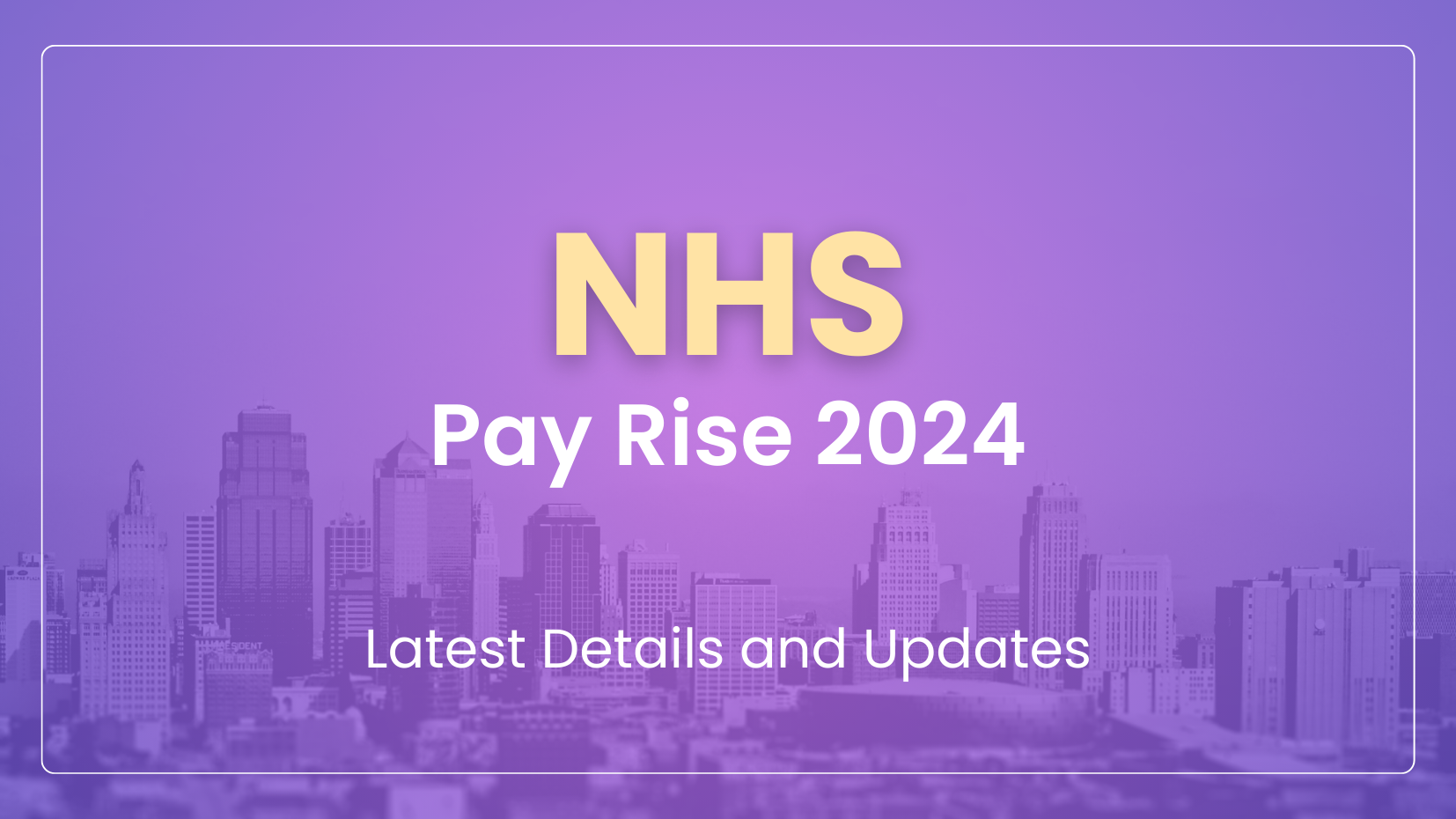The NHS healthcare in the UK, has announced a significant pay rise for its staff including senior and junior doctors and nurses. This news is especially important for junior doctors, who have been offered a substantial 22% pay increase over two years.
NHS staff, including nurses, senior doctors, and junior doctors, play an important role when it comes to our health. They work long hours, often in challenging conditions to ensure we receive the good care we need. However, for many years, they have felt that their pay does not match their hard work and dedication.
Why This Pay Rise is Significant
Historically, NHS staff and junior doctors have faced issues with pay. They have argued that their salaries have not kept up with inflation, meaning their pay hasn’t increased as much as the cost of living. This new pay rise addresses concerns and shows appreciation for their efforts.
Details of the Pay Rise
The recent announcement confirms a 5.5% pay rise for general NHS staff. This includes nurses and senior doctors, who will have pay increments, helping them manage better financially.
For junior doctors, the offer is even more beneficial. They will receive a 22% pay rise over two years. This includes a 4% backdated pay rise for 2023-24, that means they will get extra pay for the past year. Additionally, they will get another 8% pay rise for 2024-25, on top of previous increments. Junior doctors who earn the least will now have the biggest pay boosts, which is great news for those just starting their careers.

How the Pay Rise Happened
The process of negotiating this pay rise was complex and challenging. The government and the British Medical Association (BMA) held numerous discussions over several months. The junior doctors were initially campaigning for a 35% pay increase to make up for years of below-inflation pay rises. After intense negotiations, both parties finally reached a compromise. The BMA junior doctors’ committee worked hard to ensure the offer was fair and reflected the needs of its members.
This agreement marks a significant milestone in the ongoing efforts to improve working conditions and pay for junior doctors.
The Impact on the NHS and the Public
If junior doctors accept the offer, it will end the long-running strikes that have been happening since March 2023. These strikes have caused the cancellation of hundreds of thousands of appointments and procedures, which has been very abnormal for patients.
Financially, this pay rise will cost the taxpayers around £1 billion. The government plans to manage this cost by finding £3 billion worth of savings in other areas. This includes freezing the use of outside consultants and cutting non-essential government communications. There will also be a review of plans to build 40 new hospitals in England by 2030, and a delay on personal care costs until October 2025.
Statements from Key Figures
Chancellor Rachel Reeves emphasized that this pay rise marks the start of a new relationship between the government and NHS staff. She noted that the industrial action had cost taxpayers £1.7 billion last year, and this new deal aims to end such disruptions.
The co-chairs of the BMA’s junior doctors’ committee, Dr. Robert Laurenson and Dr. Vivek Trivedi, called the offer “a start” and recommended that junior doctors vote in favor of it. They believe this offer shows what can be achieved through constructive negotiations.
Health Secretary Wes Streeting also expressed his relief at reaching this agreement. He highlighted the importance of ending the dispute to prevent further disruption to patients and NHS staff.
The Situation in Other Regions
While this pay rise affects junior doctors in England, it’s worth noting what’s happening in other parts of the UK. In Wales, junior doctors recently agreed to an improved pay deal. In Northern Ireland, talks are ongoing, but no strike action is currently planned. In Scotland, junior doctors accepted a pay offer last year, avoiding the need for strikes.
Conclusion
This pay rise is a significant step forward for NHS staff and junior doctors in England. It reflects long-standing pay issues and shows appreciation for their hard work. If junior doctors accept the offer, it will end months of strike action. Also it allows the NHS to focus on providing the best possible care for patients. This new deal is a positive sign of fairer pay and better working conditions for those who play such a vital role in our healthcare system.
Thank you for reading, click the link below to read more of our Health Articles:
https://insidesuccessmagazine.com/category/health
Inside Success presents to you our digital platform, created to inform, inspire and empower 16-35s. Through our articles, we aim to bring bold ideas, fresh voices and real conservations to life. From mental health advice, to career information, and fashion tips to social issue debates, Inside Success is proud to have created a platform that has something to cater to everyone.




Leave a Reply
You must be logged in to post a comment.